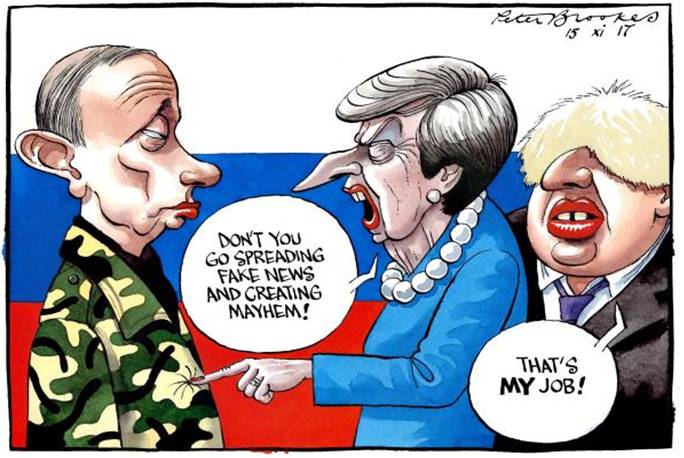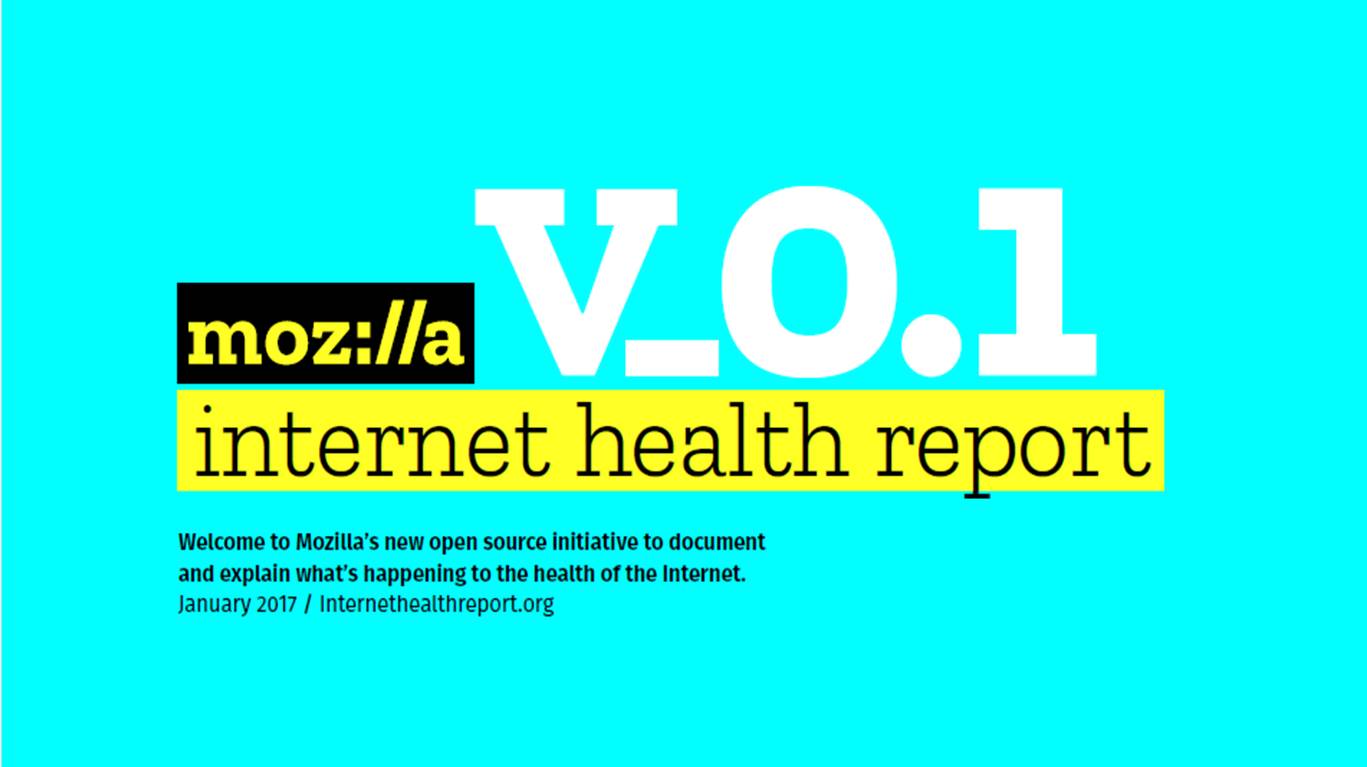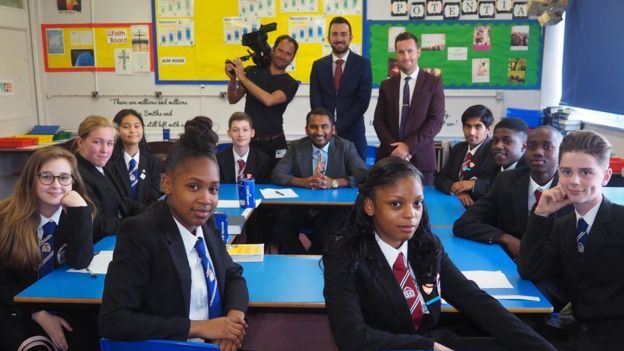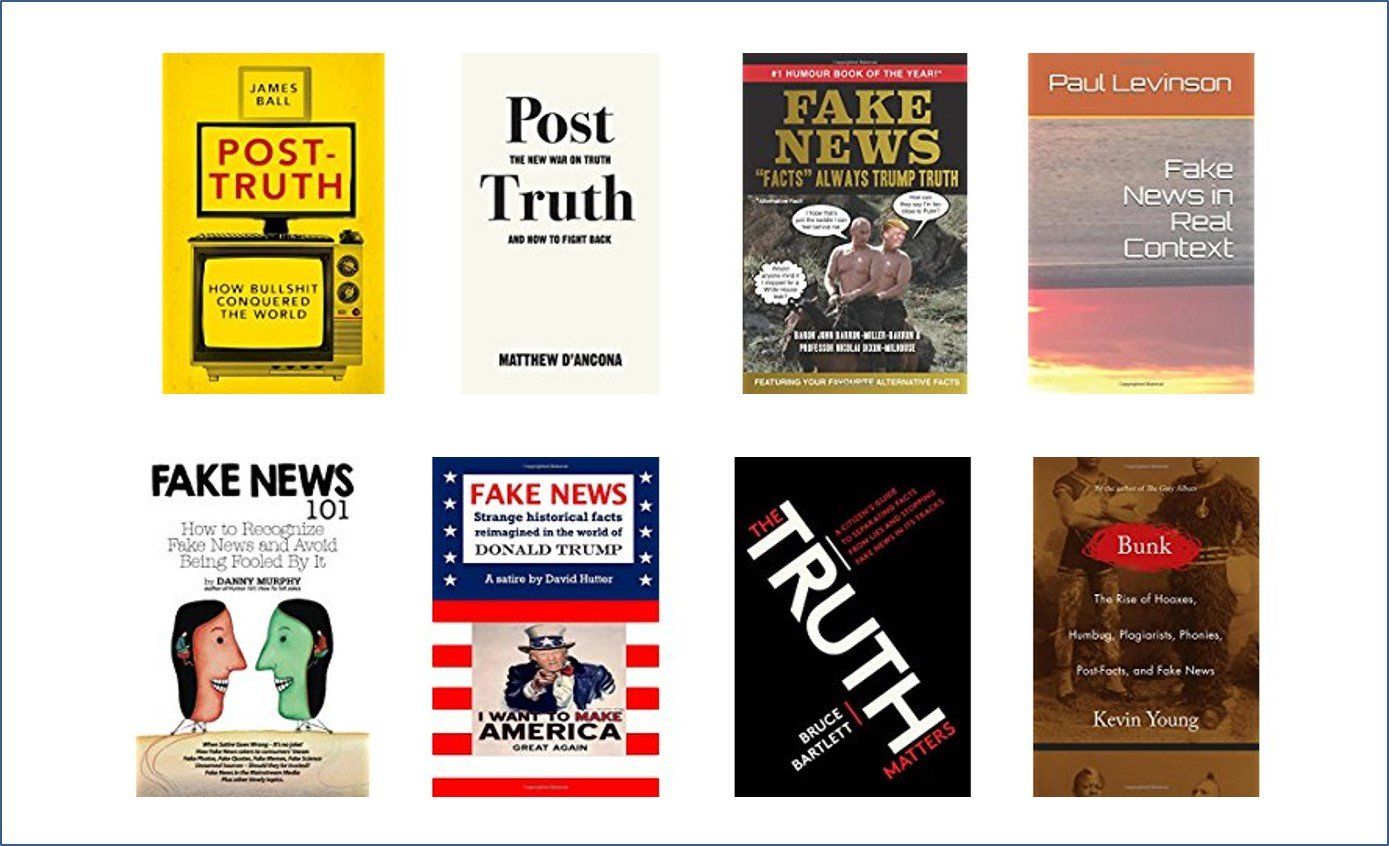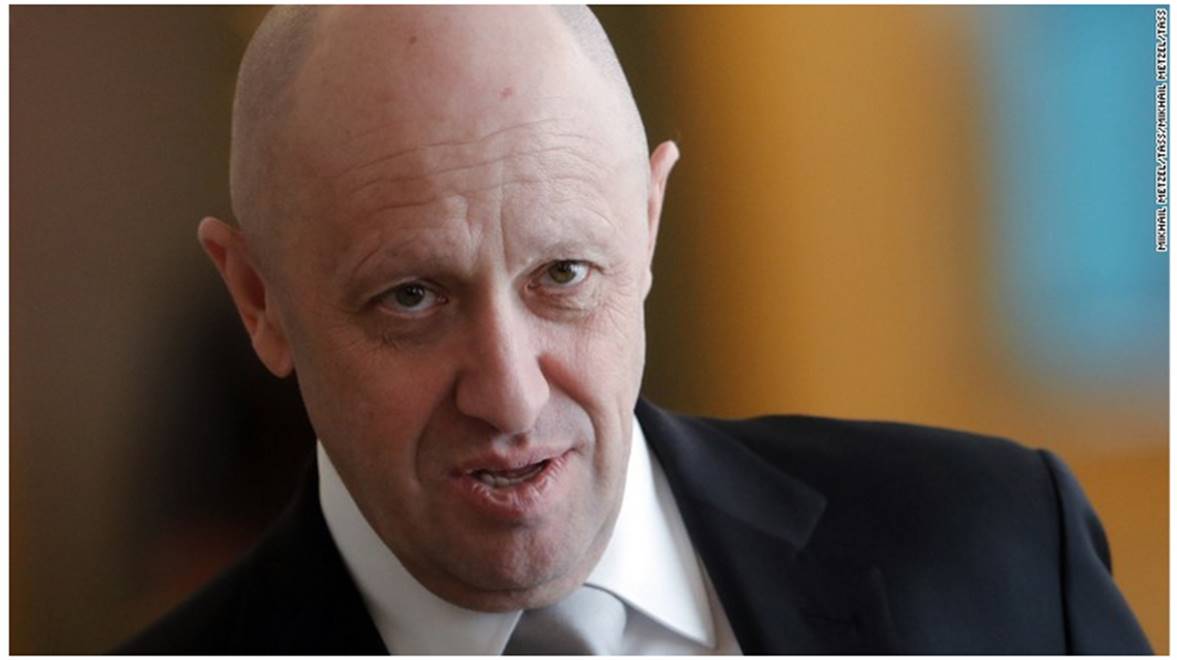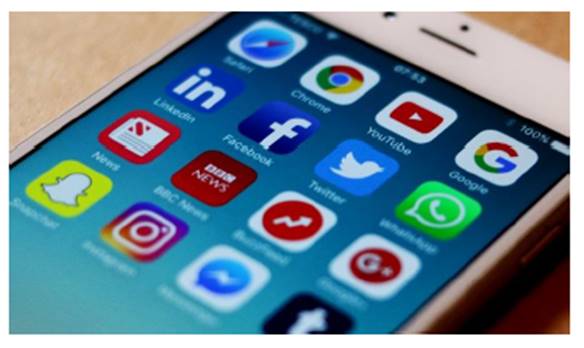2017-06: The Best & Worst of Times [Jon's Snow's Edinburgh Lecture]
- by Mike Flood
- •
- 29 Aug, 2017
- •
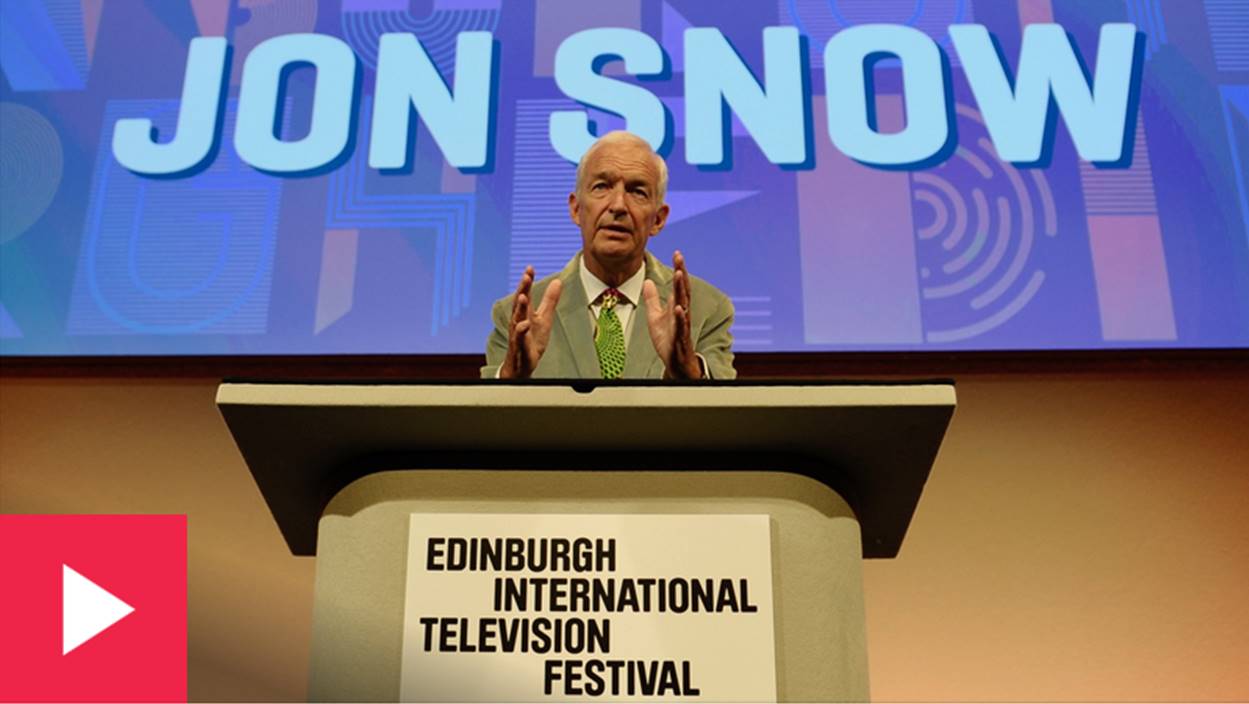
Channel 4’s award-winning anchor-man, Jon Snow, gave the James MacTaggart Memorial Lecture
at Edinburgh last week. It’s a beautifully-written,
hard-hitting and very moving presentation in which he aims his criticism at the media and also the internet barons, Google and Facebook.
“The explosion of digital media,” Snow argues, “has filled neither the void left by the decimation of the local newspaper industry, nor connected us any more effectively with ‘the left behind’, the disadvantaged, the excluded. Never have we been more accessible to the public nor in some ways more disconnected from the lives of others. Over this past year, we … media pundits, pollsters and so-called experts, have got it wrong. Yet I believe that we have, by the nature of our business, an obligation to be aware of, connect with, and understand the lives, concerns, and needs of those who are not.”
He maintains that “our connectivity – life on Google, Facebook, Twitter, and more – has so far failed to combat modern society’s widening disconnection,” and he made Grenfell Tower a ‘wounding centerpiece’ of his talk. His two main themes were: first, that “in the age where everyone is a publisher, public service broadcast journalism has never been more vital,” and second, “humanity needs to match the dramatic growth of social media with a rebirth of social mobility.” He also attacked the internet barons. Indeed, his acid comments about Google and Facebook received widespread media coverage (and a lightening response from Mark Zuckerberg).
“We are in an age when everyone from Trump downwards is a publisher; where in every given year more photos, more information, is published than in any decade of the 20th century. Never since the rise of the printing press have two companies held such a monopoly over the world’s information. Never have such organisations taken so little responsibility for it either.”
Mark Zuckerberg “says he cares about news, but does he really? Or does he care about keeping people on Facebook? Many news organisations including our own, have asked too few questions about the apparent miracle of Facebook’s reach. For us at Channel 4 News, it (Facebook) has been invaluable in helping us to deliver our remit – to reach young viewers, to innovate, and to get attention for some of the world’s most important stories. But the other side of the issue – the dark, cancerous side – Facebook enabled the story: “Pope endorses Trump for President”. That engaged more than a million people during the US Elections. That same algorithm that prioritised many amazing reports of ours, also prioritised fakery on a massive scale.”
“Facebook has a moral duty to prioritise veracity over virality. It is fundamental to our democracy. Facebook’s lack of activity in this regard could prove a vast threat to democracy. Facebook’s principles are seldom explained in detail and can change overnight at Mr Zuckerberg’s whim.”
Snow also warns about the potential threat to journalists in the UK from new legislation: “The Law Commission is consulting on a new espionage bill. It follows on from the Snooper’s Charter which enables the police to access private communications data without judicial oversight. It’s now proposed effectively to criminalise journalists, and their sources, treating us like spies. It suggests anyone publishing or broadcasting leaked government information could land in jail for up to 14 years. Economic and financial data fall within this ‘national security’ legislation, thus impacting upon our ability to report – for example – leaked Brexit deals. No wonder in recent years that the World Press Freedom Index finds UK journalists are now less free to hold power to account than those working in South Africa, Chile, or Ghana.”
And here’s more bad news: “Earlier this year a YouGov survey for Channel 4 revealed only 4% of people can actually distinguish between fake news from truth. This is what we’re up against… While the reach of Facebook video exceeds that of conventional broadcasting, the revenue provided doesn’t even come close. And Facebook themselves have provided publishers with the most nominal of sums and certainly not the rate for the job. Rather than simply trying to take down the fakery, there has to be an incentive for Facebook to pay the rate for high quality news and encourage the development of a global bedrock of truths rooted in their offer to the quarter of the world’s online audience that consume them, and use them.”
“I’m a fan of Facebook — it’s great, it’s terrific — but I’m not a fan of playing fast and loose with the products that we in this room generate at great expense. But this is the challenge for us all here. Yes, we embrace and revel in the digital age. But no, we cannot let the massive power of its barons devour our local and national sources of information. That’s why it will take the effort of every single one of us – the producers, the journalists, the platforms, the politicians and the public – to reconnect our disconnected world.”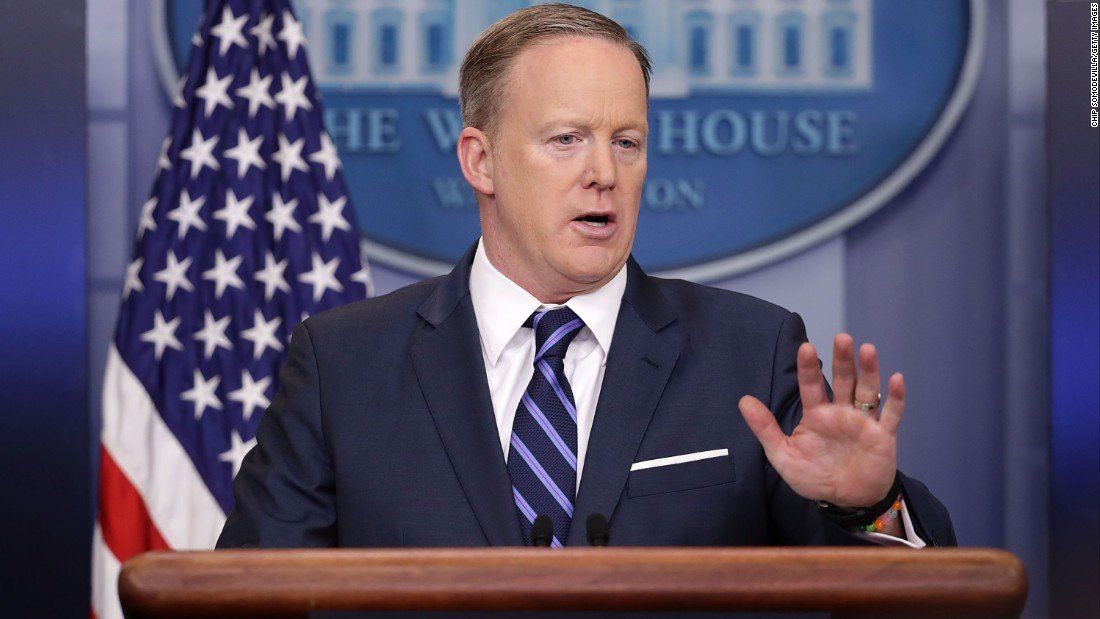
Last night (5 Feb) The Institute of Art and Ideas
debated ‘The
Future of the Post-Truth World’ at the ICA in London. Speakers included Steve
Fuller, Rae Langton and Hilary Lawson, ably managed by Orwell prize-winning
journalist Polly Toynbee. Much ground was covered but one comment caught my
attention: reference to a BBC interview
with Sean Spicer, President Trump’s first Press Secretary. It concerned Spicer’s
now infamous description of the number of people who witnessed Trump’s inauguration.
The media made great play of the fact that the numbers attending were significantly fewer than at Obama’s inauguration. But one of the speakers pointed out that what had been meant by Spicer was the global media coverage not those present. Whether this is true or a convenient explanation of events is not clear. But it does raise the question of how you set the frame, and this was a major focus in the debate between the speakers. It's easy for both sides to believe they are right, and this is a recipe for misunderstanding and polarisation.
There's a Lot Going On!
There has been an enormous increase in the coverage of fake news
and disinformation in the media in recent months. I’ve already identified and logged 24 items in the first 5 weeks of 2018, and this follows 217 items in 2017; 36 in 2016; 11
in 2015; 5 in 2014; and 3 in 2013. I haven't carried out a systematic study of publications on fake news / misinformation worldwide; these are simply items that I personally have
found interesting. There has also been a rapid increase in the number of initiatives
taken by state and other actors to address the problem: I log these in the Critical Information
database and have so far identified over 230 initiatives, no less than 70 in
the UK.
These figures give an indication of size and complexity of the problems that we are facing.
It is to be
welcomed that the topic of misinformation is getting more coverage, and that more people are becoming concerned about the consequences of lies and deception. What we need now is effective methods of neutralising the problem, and this is still a long way off...
Recent Developments
I’ve not been able to comment on developments for a couple of months because of other commitment (now virtually complete), but I have been following events. Here are some of main issues that have been in the media — I’ve identified just one representative article per topic:
Internet
· the repeal in the US of legislation on net neutrality ;
· the issue of controlling unaccountable algorithms ;
Social Media
· Obama warning against 'irresponsible' social media use;
· a prominent former Facebook exec saying social media is ‘ripping apart society’;
· Facebook conceding that using it (a lot) might make you feel bad; also cutting back on news (to give us more time with advertisers);
· calls for tech giants to face taxes over extremist content;
· LinkedIn revealed to have been ‘hosting jihadist lectures’;
Fake News & Conspiracy Theories
· the UK Government announcing the setting up of an anti-fake news unit ;
· the appearance of Deepfake , an app that enables hackers to face-swap Hollywood stars into pornography films;
· climate researchers bemoaning the fact that their work was turned into fake news;
· people believing conspiracy theories about mass shootings in the US being staged;
· how commercial brands secretly buy their way into legitimate publications with material that pretends to be objective;
Hate Speech & Counter-Extremism
· campaigner Sara Khan to lead new UK counter-extremism body;
· new report on hate speech / anti-Muslim messaging on social media [ Hope Not Hate ]
· England (and the US) opting out of the OECD’s Programme for International Student Assessment on the issue of tolerance — PISA is a triennial international survey of some 72 countries which aims to evaluate education systems worldwide by testing the skills and knowledge of 15-year-old students;
Information Warfare
· growing concern in the UK over information warfare — British Army Chief calling for investment to keep up with Russia.
We hope to cover these issues in the next few months.

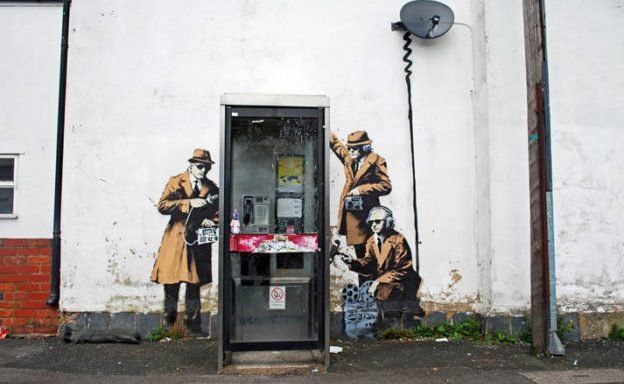
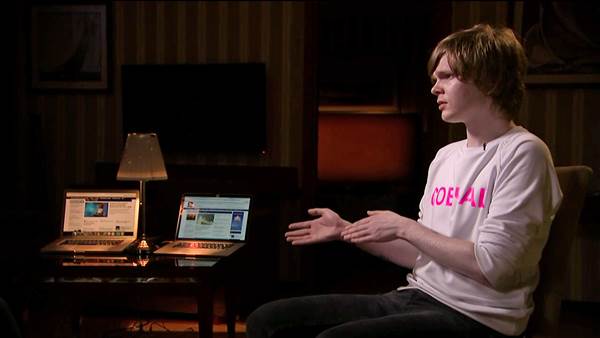
Vitaly Bespalov was once one of hundreds of Russians employed to pump out misinformation online at the Internet Research Agency , Putin’s troll factory in St Petersburg. His story was told this week on the BBC's Profile * and also on NCB News.
The IRA, it appears, is housed in a four-story concrete
building on Savushkina Street in St Petersburg, which is “secured by camouflaged guards and
turnstiles.” There, bloggers and former journalists work “around the clock to
create thousands of incendiary social media posts and news articles to meet
specific quotas.” Those on the third level blog to undermine Ukraine and
promote Russia; those on the first, to create news articles that refer to these
blog. Workers on the third and fourth floor post comments on the stories and
other sites under fake identities, pretending they were from Ukraine. And the
marketing team on the second floor weaves all of this misinformation into
social media.
Even though each floor works on material the other created, according to Vitaly "they don't have any contact with each other inside the building except for in the cafeteria or on smoke breaks…"
The Oxford Internet Institute has been studying "the purposeful distribution of misleading information over social media networks", and in July released a working paper on the topic which argues that computational propaganda (as it is known) is today "one of the most powerful new tools against democracy." The report makes chilling reading. It is based on research across 9 countries (Brazil, Canada, China, Germany, Poland, Taiwan, Russia, Ukraine & the US) carried out “during scores of elections, political crises, and national security incidents.”
Among the study's main findings are that “in authoritarian countries, social media platforms are a primary means of social control”, and in democracies, they are “actively used for computational propaganda either through broad efforts at opinion manipulation or targeted experiments on particular segments of the public." In every country, it says, "we found civil society groups trying, but struggling, to protect themselves and respond to active misinformation campaigns.”
“The most powerful forms of computational propaganda involve both algorithmic distribution and human curation—bots and trolls working together… learning from and mimicking real people so as to manipulate public opinion across a diverse range of platforms and device networks... One person, or a small group of people, can use an army of political bots on Twitter to give the illusion of large-scale consensus... Regimes use political bots, built to look and act like real citizens, in efforts to silence opponents and to push official state messaging. Political campaigns, and their supporters, deploy political bots—and computational propaganda more broadly—during elections in attempts to sway the vote or defame critics. Anonymous political actors harness key elements of computational propaganda such as false news reports, coordinated disinformation campaigns, and troll mobs to attack human rights defenders, civil society groups, and journalists.”
The paper concludes that social media firms “may not be creating this nasty content, but they are the platform for it. They need to significantly redesign themselves if democracy is going to survive.” In this respect it is good to see Google announcing (21 Nov) that it is going to ‘derank’ stories from Kremlin-owned publications RT ( Russia Today ) and Sputnik in response to allegations about Russia meddling in western democracies. Not surprising the Kremlin says it is incensed by the move, and denies any knowledge of the activities of the St Petersburg troll factory. It has suggested that reports that it exists might be fake.
Apparently Vitaly Bespalov no longer believes anything he reads on social media. It would be helpful if more people could adopt this attitude -- and the social media platforms do more to remove the poison from people's phones and desk tops.
One can't help wondering where Vitaly is today, we assume he’s in hiding — that is, if he’s a real person and not the product of a fertile western imagination/dirty trick.
* The actually BBC profiled the man accused of funding the St Petersburg troll factory, Yevgeny
Prigozhin, who, as it says "has moved from jail to restaurateur and
close friend of President Putin, but precious little is known about his
personal life."
